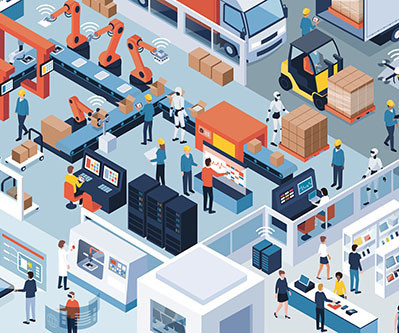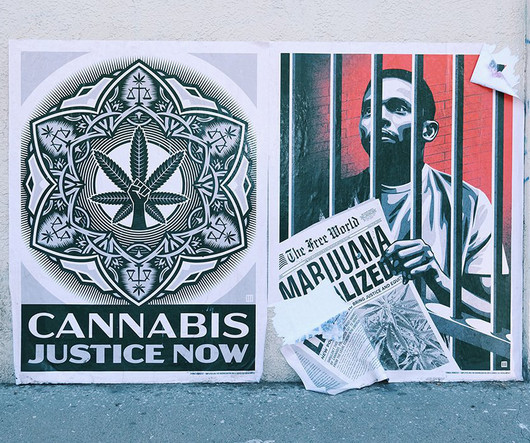When It Comes to Promoting Prosperity, Production Beats Consumption
Stanford Social Innovation Review
OCTOBER 10, 2023
Between 2016 and 2019 , nearly half of global giving by US foundations went to health, while environment and human rights accounted for roughly 11 percent each, followed by agriculture and education. Historically, these resources have only materialized when countries have achieved massive expansions of economic productivity and opportunity.












Let's personalize your content